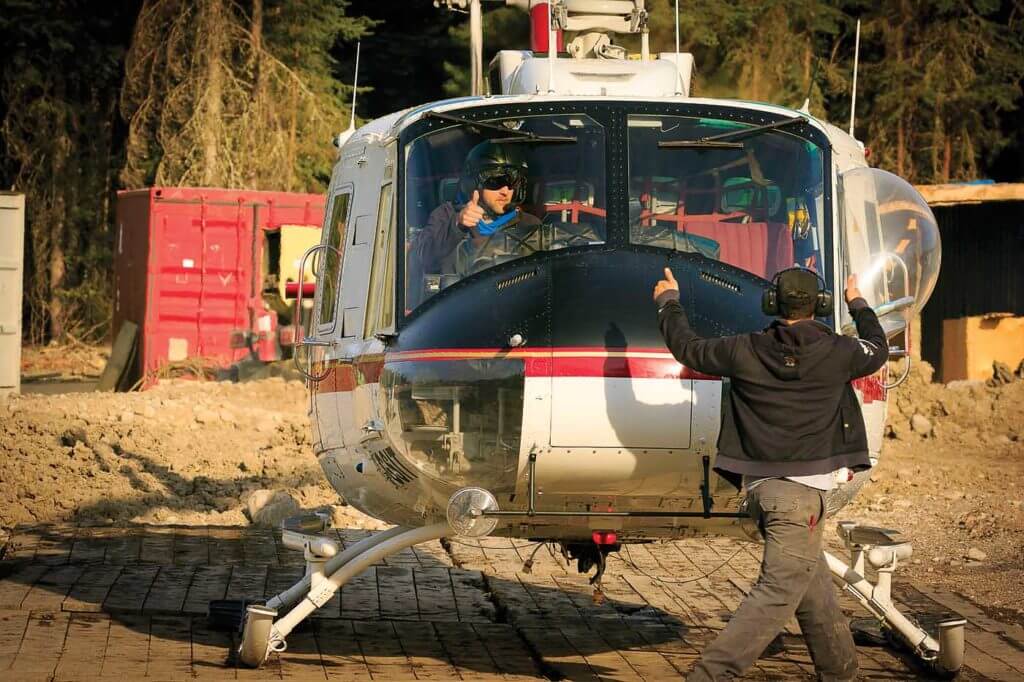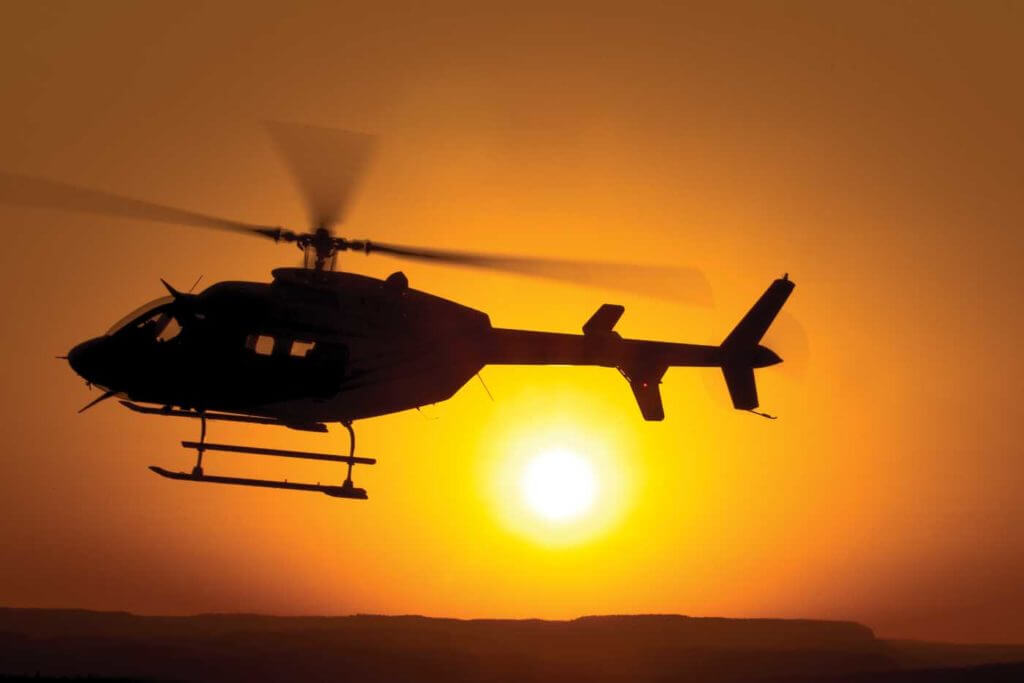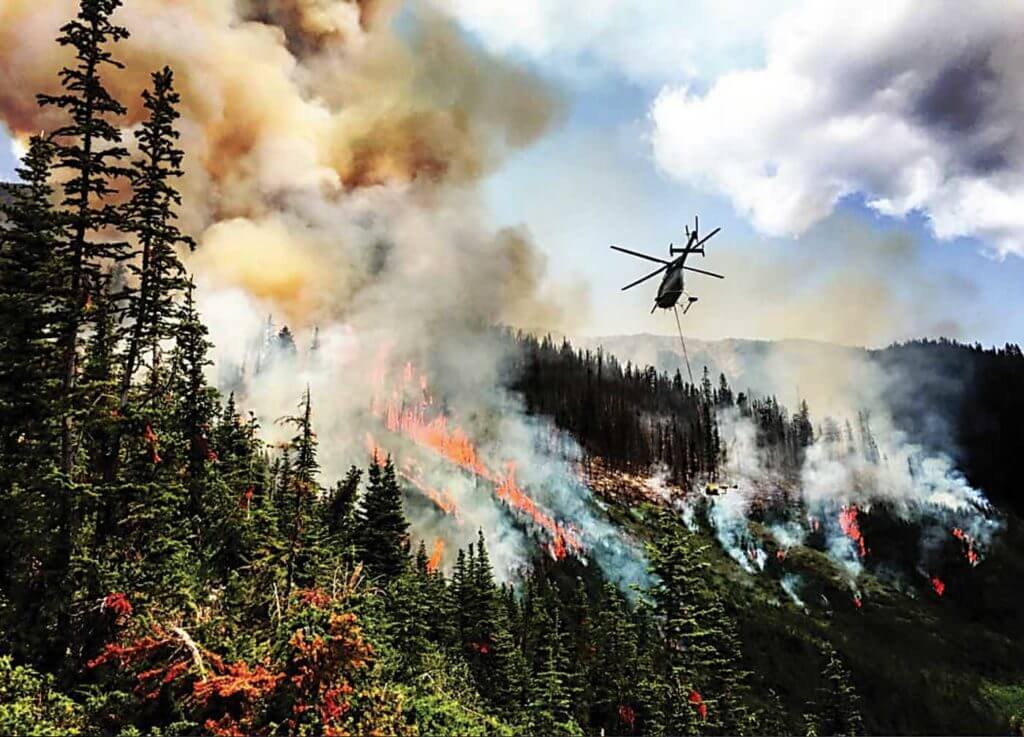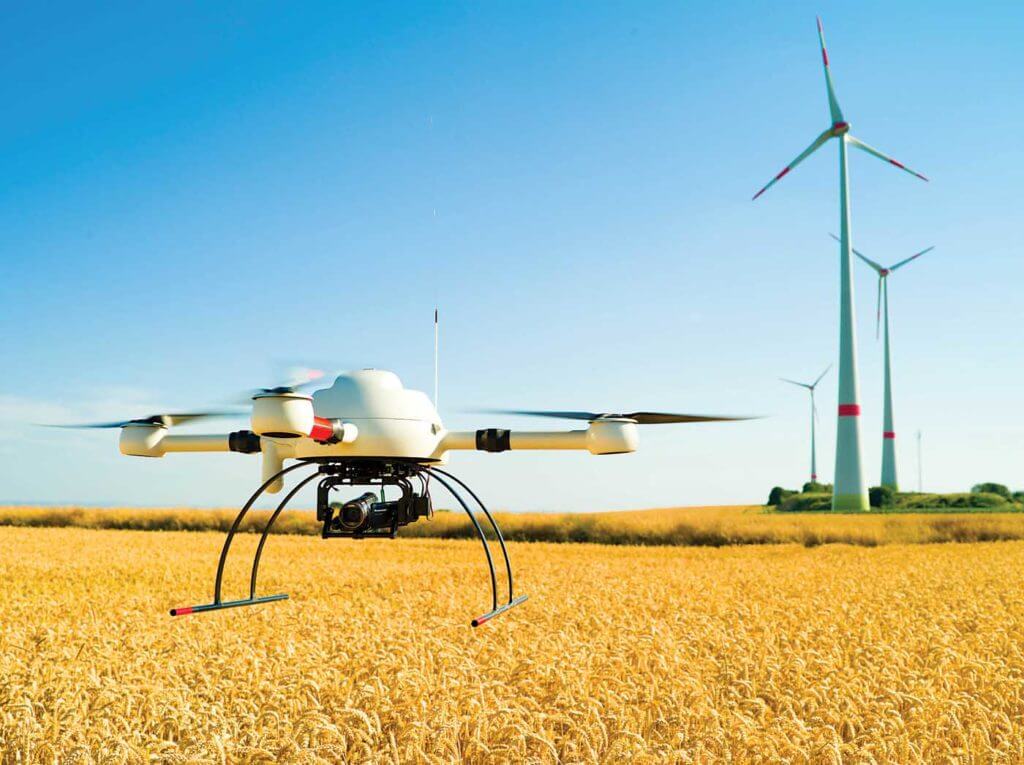The Canadian helicopter industry’s escalating labor shortage promises to be a key topic of discussion at this year’s Helicopter Association of Canada (HAC) annual convention, according to HAC president Fred Jones.

“It’s a critical issue,” Jones said of the human resources “crisis” associated with a lack of skilled helicopter pilots and engineers. “I get a growing number of calls each year from operators looking for drivers during the peak months of demand, particularly this year with the fire season being so busy. Many of our operator members had aircraft grounded because they couldn’t find pilots to operate them that met the requirements.”
At HAC 2018, scheduled to run from Oct. 31 to Nov. 4 in Vancouver, British Columbia, Jones said he hopes to hear more dialogue on “how to bridge that gap between low-time pilots and ones that are experienced enough that they can be launched without restriction.” Jones emphasized that solving the labor shortage is not simply a matter of recruiting more people to the industry. Instead, it will require bridging the experience gap and finding new ways to make helicopter career paths financially viable for new pilots and engineers, given the high costs of training and typically low entry-level wages.
That, he said, could require a wholesale realignment of the Canadian helicopter industry to allow operators to raise wages at all levels inside their companies.
“We’ve had a long history in our industry of very competitive rates between operators,” Jones explained. “The rates are so low generally out there in the industry that it makes it difficult to increase wages inside any operation until the rates recover to some extent.”

And while a recovering economy could help push rates higher, it is also likely to exacerbate the labor shortage in the near term, he said: “The industry was slow there for a while, so operators didn’t have to look so far out. They had a shortage of work, and they had a shortage of pilots and it wasn’t too bad. But as demand starts to increase and the fire season or the economy starts to pick up, and the oil and gas sectors start to pick up again, it’s just going to aggravate the current scenario.”
Jones expressed optimism that HAC’s air taxi and human resources committees can begin working on industry-wide initiatives to address the staffing crisis. And pushing the Canadian helicopter industry toward collaborative solutions will be a theme of HAC 2018, particularly when it comes to safety. A significant portion of this year’s program will be devoted to a safety forum with speakers including Gretchen Haskins from HeliOffshore, who will specifically address how to evolve the culture of the industry from one of competition to collaboration on areas of common interest.
“We saw some progress on that subject where HAC’s committees developed best practices, which was a promising first step,” Jones said. “But the next big step forward will be on issues related to data sharing and collaborating on a national accident and incident database so that we can all learn from the mistakes of others. We’re getting many similar accidents occurring from operators across the country, and we can all really benefit from sharing information.”
Jones also pointed out some other areas of potential collaboration for HAC members, including the creation of a common audit standard to reduce the number of redundant audits.

“[Operators] spend a lot of time and effort shadowboxing with multiple audits in the course of a year from a variety of different customers — all to different standards,” he explained. “It complicates their lives and it’s expensive in terms of the focus it can take way from other projects [and] other company-specific safety-related programs, too.”
Jones said that HAC 2018 will boast an impressive line-up of internationally renowned speakers, including the popular lecturer Scott Shappell, department chair and professor of human factors at Embry-Riddle Aeronautical University. The keynote speaker will be Laval St. Germain, an airline pilot and endurance athlete whose claims include being the only Canadian to have climbed Mount Everest without the use of supplemental oxygen, and the holder of the record for fastest crossing of the North Atlantic Ocean, from mainland North America to mainland Europe, by solo row boat.
The opportunities and challenges associated with unmanned air vehicles (UAVs), which may soon be conducting widespread beyond visual line of sight (BVLOS) operations throughout Canada, will also be covered. Additionally, Transportation Safety Board (TSB) representatives will give presentations on recent helicopter accidents of interest, emerging safety trends, and the TSB’s study of air taxi accidents.
As ever, the event will include an hour with Transport Canada’s director generals, where attendees will have the opportunity to discuss regulatory topics including pending flight and duty time regulations, which Jones said could do even more to aggravate the Canadian helicopter industry’s pilot shortage.

The convention will also include a presentation by attorney Steven Williams of Emond Harnden LLP, who will discuss how to develop company policies for marijuana use. Jones predicted that this will become “an important issue in aviation” as marijuana becomes legal nationwide in Canada starting in October — especially since random drug testing in Canada, unlike in the United States, can open employers to legal challenges.
“It’s certainly not going to be as simple as alcohol to manage the risk,” Jones said. “I think operators are looking for some cover from government for random testing, because right now that’s the most contentious element in the equation.”





